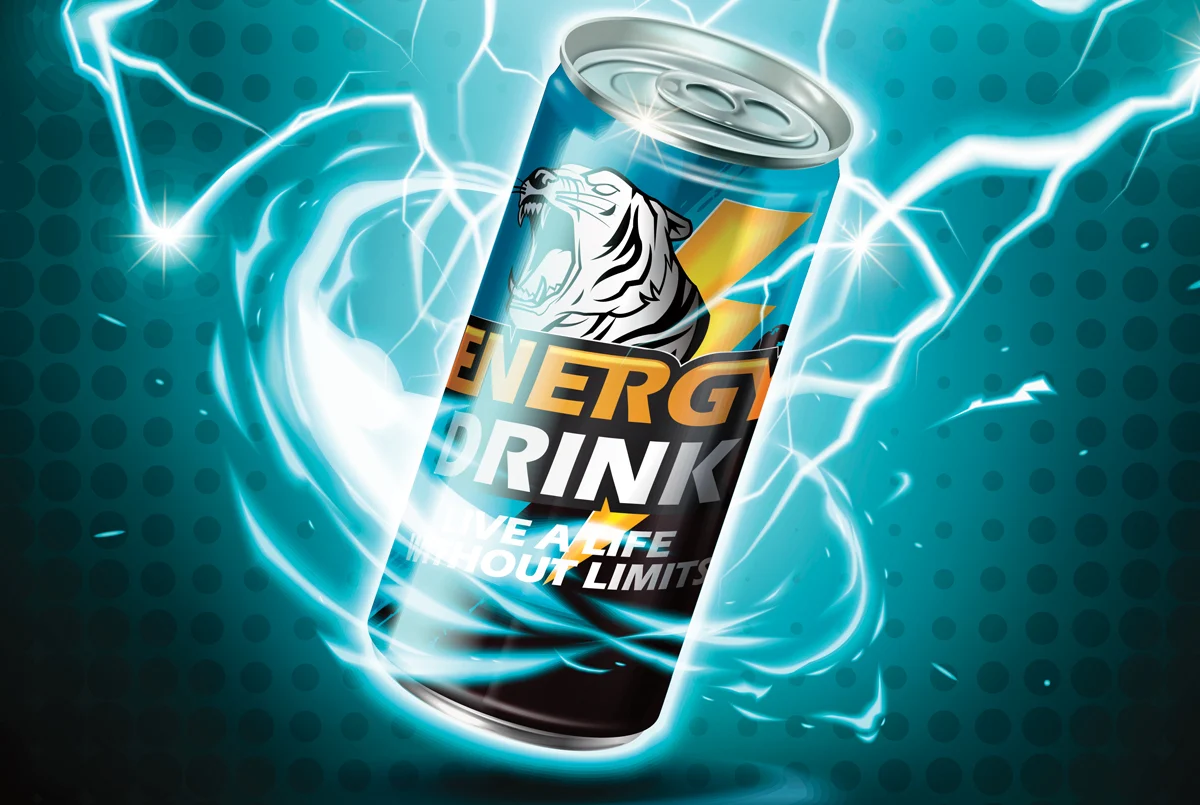Energy drinks are a popular beverage choice for many people seeking a quick energy boost. These caffeinated drinks often contain a combination of stimulants, sweeteners, and other ingredients designed to enhance mental alertness and physical performance. However, their consumption has also sparked debates about their potential health risks and long-term effects.
The Rise of Energy Drinks
The popularity of energy drinks has surged in recent decades, driven by factors such as:
- Busy lifestyles: Energy drinks offer a convenient and quick way to boost energy and focus.
- Youth culture: Energy drinks have become popular among young people, often associated with sports, gaming, and late-night activities.
- Marketing and advertising: Aggressive marketing campaigns have promoted energy drinks as a performance enhancer and a way to combat fatigue.
Ingredients in Energy Drinks
Energy drinks typically contain a combination of the following ingredients:
- Caffeine: A stimulant that increases alertness and reduces fatigue.
- Sugar or artificial sweeteners: Provides energy and sweetness.
- B vitamins: Essential for energy production and metabolism.
- Taurine: An amino acid that may help improve mental focus and physical performance.
- Ginseng: An herb believed to increase energy and stamina.
- Guarana: A plant-based stimulant that contains caffeine.
Health Concerns and Controversies
While energy drinks can provide a temporary boost of energy, they also raise concerns about potential health risks:
- Excessive caffeine consumption: Excessive caffeine intake can lead to side effects such as anxiety, insomnia, and heart palpitations.
- Sugar content: Many energy drinks are high in sugar, which can contribute to weight gain and other health problems.
- Interaction with other substances: Energy drinks can interact with other substances, such as alcohol or medications, leading to adverse effects.
- Impact on young people: The consumption of energy drinks by young people has raised concerns about their potential negative effects on health and behavior.
Responsible Consumption of Energy Drinks
If you choose to consume energy drinks, it is important to do so responsibly:
- Limit caffeine intake: Be mindful of your overall caffeine intake from other sources, such as coffee and tea.
- Choose sugar-free options: Opt for energy drinks that are sweetened with artificial sweeteners or natural alternatives.
- Read labels carefully: Be aware of the ingredients in energy drinks and their potential side effects.
- Consult a healthcare professional: If you have any concerns about consuming energy drinks, consult with a doctor or healthcare provider.
Energy drinks offer a quick and convenient way to boost energy and alertness. However, it is important to consume them in moderation and be aware of the potential risks associated with excessive intake.
